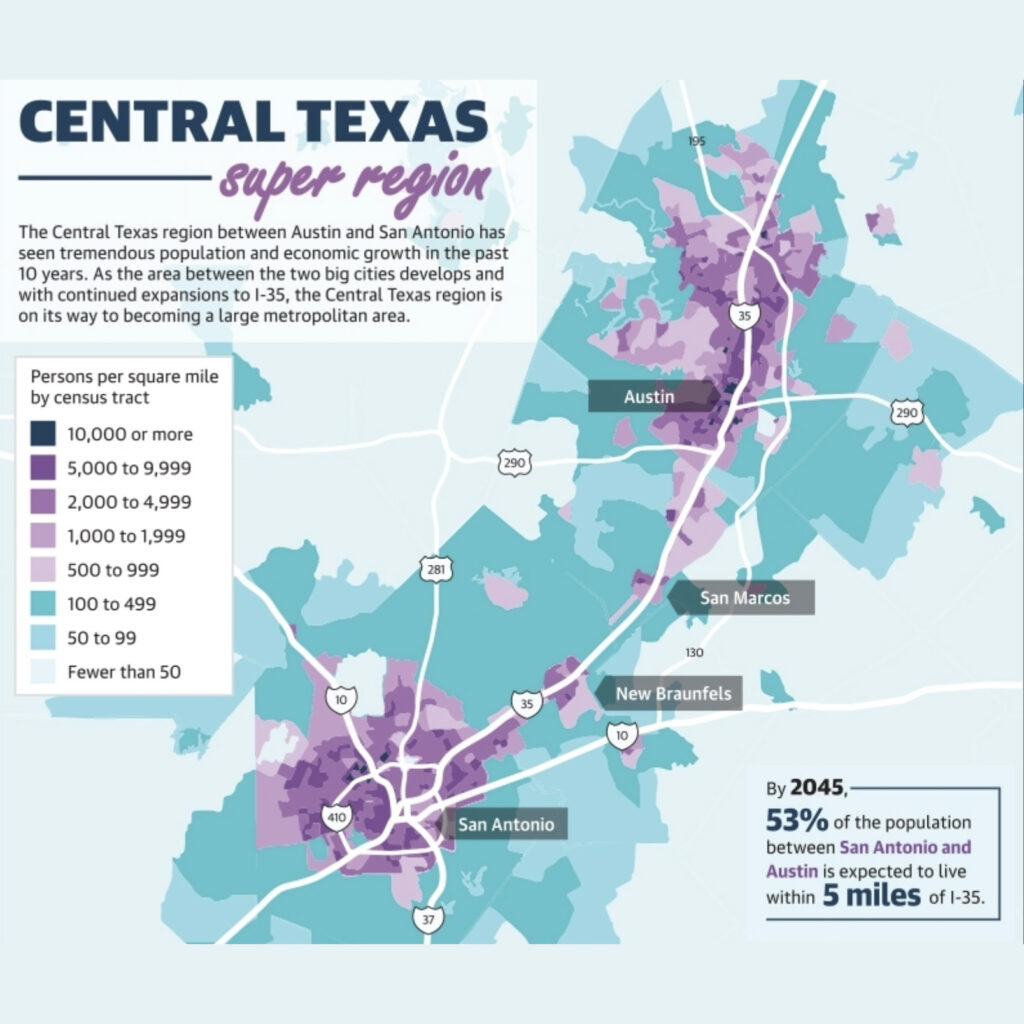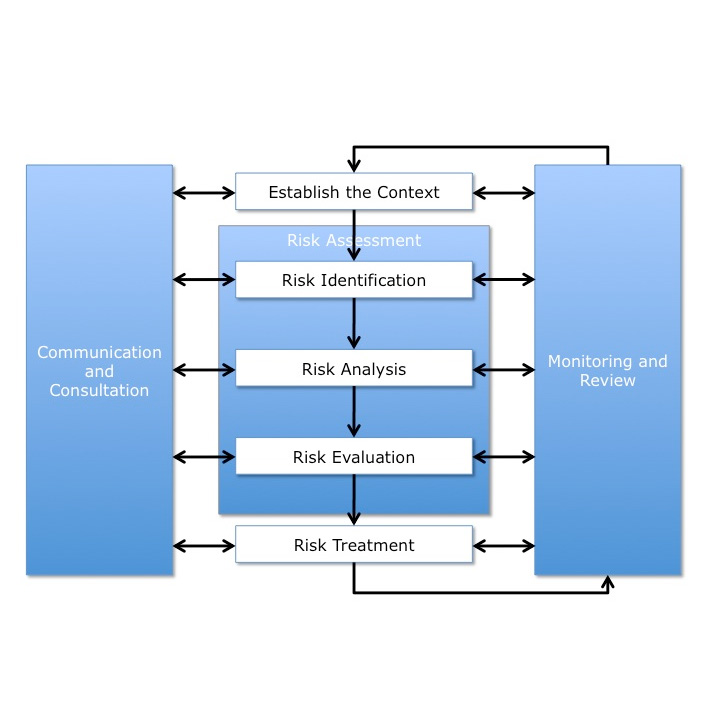Incorporating artificial intelligence (AI) into the budgeting process in local governments can greatly enhance efficiency, accuracy, and informed decision-making. This process involves employing intelligent systems that can analyze vast amounts of data, provide predictive analytics, automate tedious tasks, and even assess risks.
In this article, we explore these opportunities in more detail with examples specific to local governments:
- Forecasting and Predictive Analytics: AI can use historical data such as previous years’ tax revenues, grant allocations, or public service costs to produce more accurate budget forecasts. For instance, an AI system could analyze the patterns in property tax revenues over the past decade and predict future revenues, allowing the local government to budget more accurately for infrastructure projects or public services.
- Automated Data Entry and Analysis: Budgeting in local government often involves compiling data from multiple departments, a process that is time-consuming and susceptible to human error when done manually. AI can automate this data entry, reducing errors and freeing up staff time. Moreover, AI can quickly analyze this data, identifying trends such as rising costs in specific public services or fluctuations in grant funding that human analysts might overlook.
- Real-time Budget Tracking and Adjustments: AI can continuously monitor budget spending in real-time. For example, if a local government department is spending at a rate that will exceed its budget, the AI system can flag this issue, allowing for early intervention. The system can also suggest budget adjustments based on these insights, such as reallocating funds from underspent areas.
- Risk Assessment: AI can analyze a multitude of variables to evaluate potential risks associated with various budgeting decisions. This can be invaluable in local government settings where decisions can impact community services and public satisfaction. For example, AI could assess the potential financial risks of cutting funding to a public service or investing heavily in a new infrastructure project.
- Streamlining Decision-making Process: AI can generate actionable insights and recommendations, aiding the budget decision-making process. For instance, if a proposed budget cut to a community program is likely to result in increased costs elsewhere (e.g., law enforcement), the AI system could highlight this potential consequence, allowing decision-makers to weigh the full implications of their decisions.
- Training and Learning: AI systems learn from their past predictions and the actual outcomes, enabling them to refine their forecasting and analytic capabilities. This continuous learning further improves the accuracy of the budgeting process.
- Personalized Reporting: AI can generate personalized reports for various stakeholders. For a city council member, for instance, the system could produce a report highlighting budget issues most relevant to their constituents. These reports can be produced swiftly and updated in real-time, ensuring everyone has access to the most current information.
Incorporating AI into local government budgeting has the potential to significantly improve efficiency and decision-making. However, this requires careful planning, including aligning the AI system with strategic objectives, ensuring data quality, and providing sufficient training to staff to effectively use these AI-enabled tools and systems.
At Front Line Advisory Group, we provide program management consulting services for capital improvement bonds. We are revolutionizing the construction industry and transforming client expectations by obsessing over the basics of budget oversight, schedule enforcement, compliance, vendor management, and stakeholder communication. Contact us for more info at info@frontlineadvisorygroup.com.












